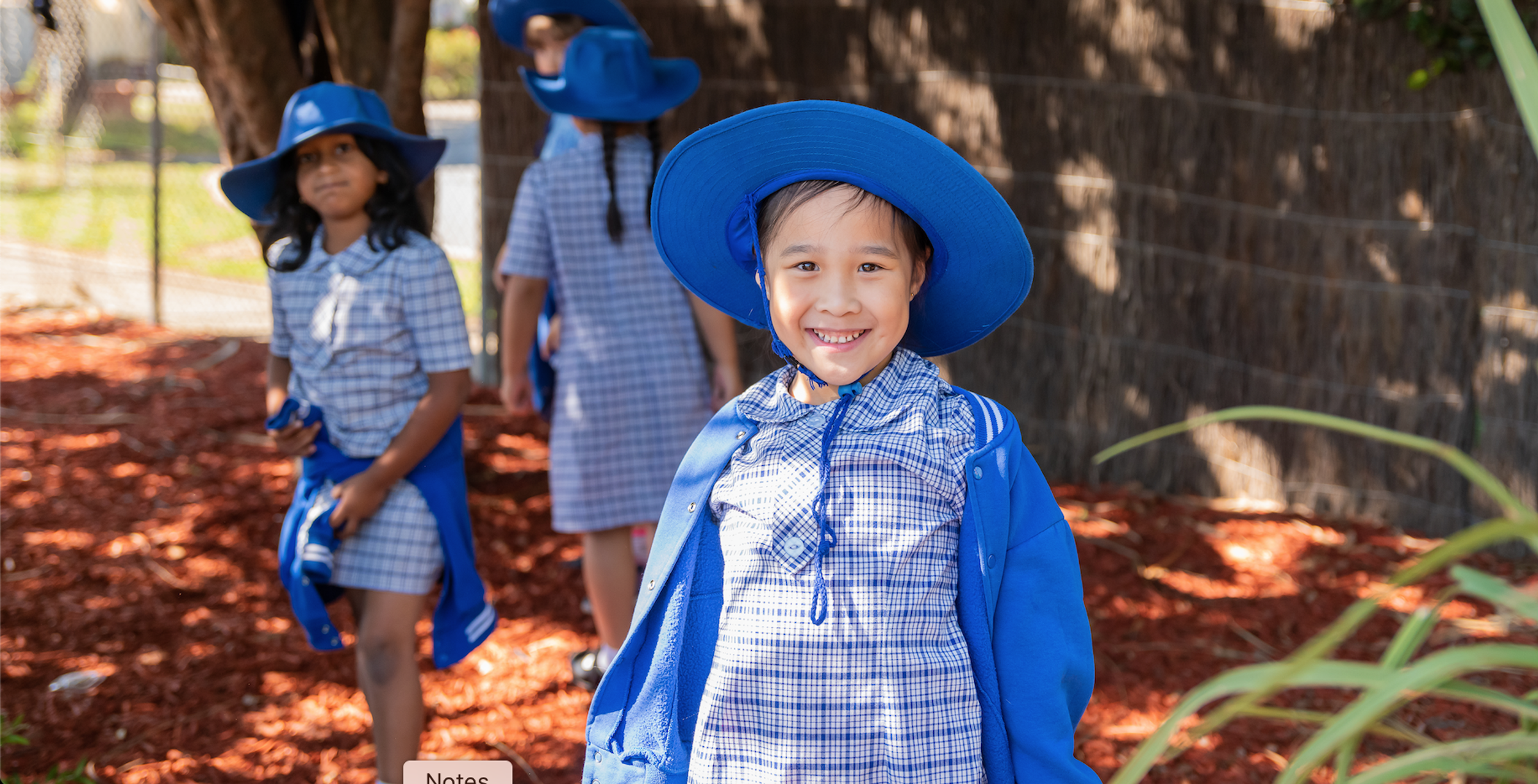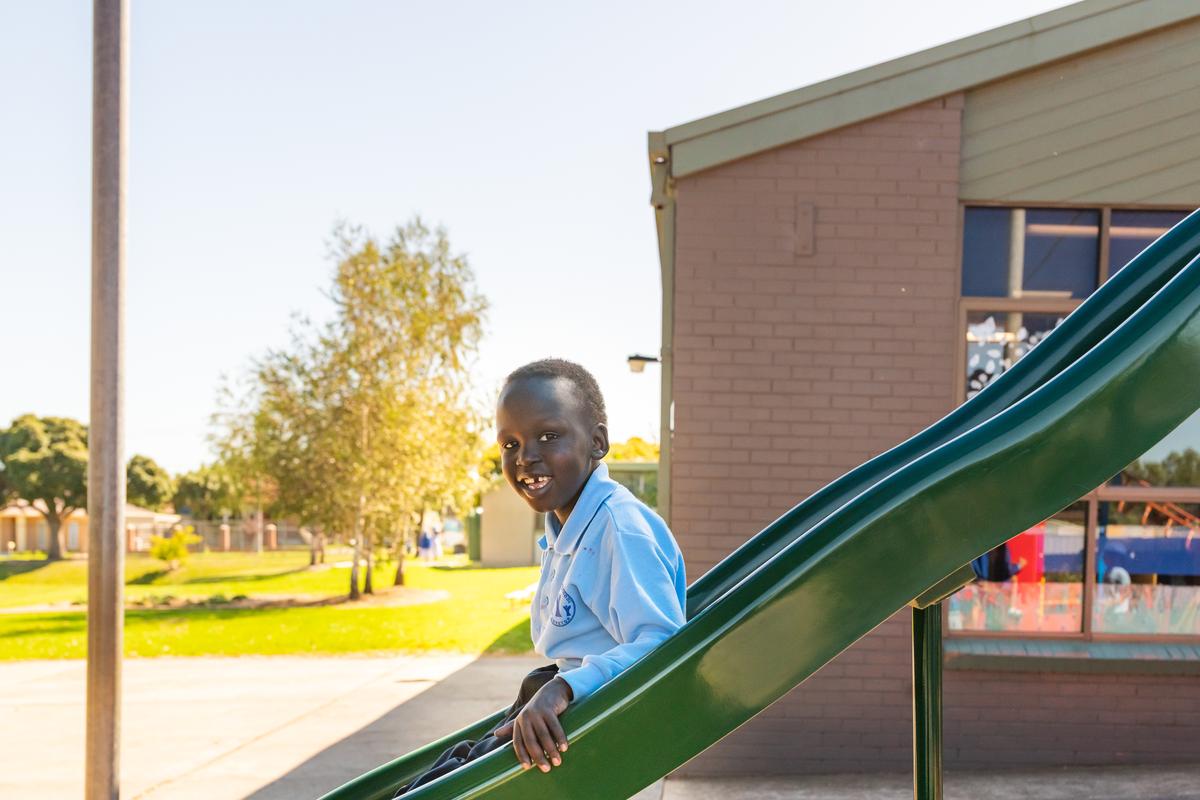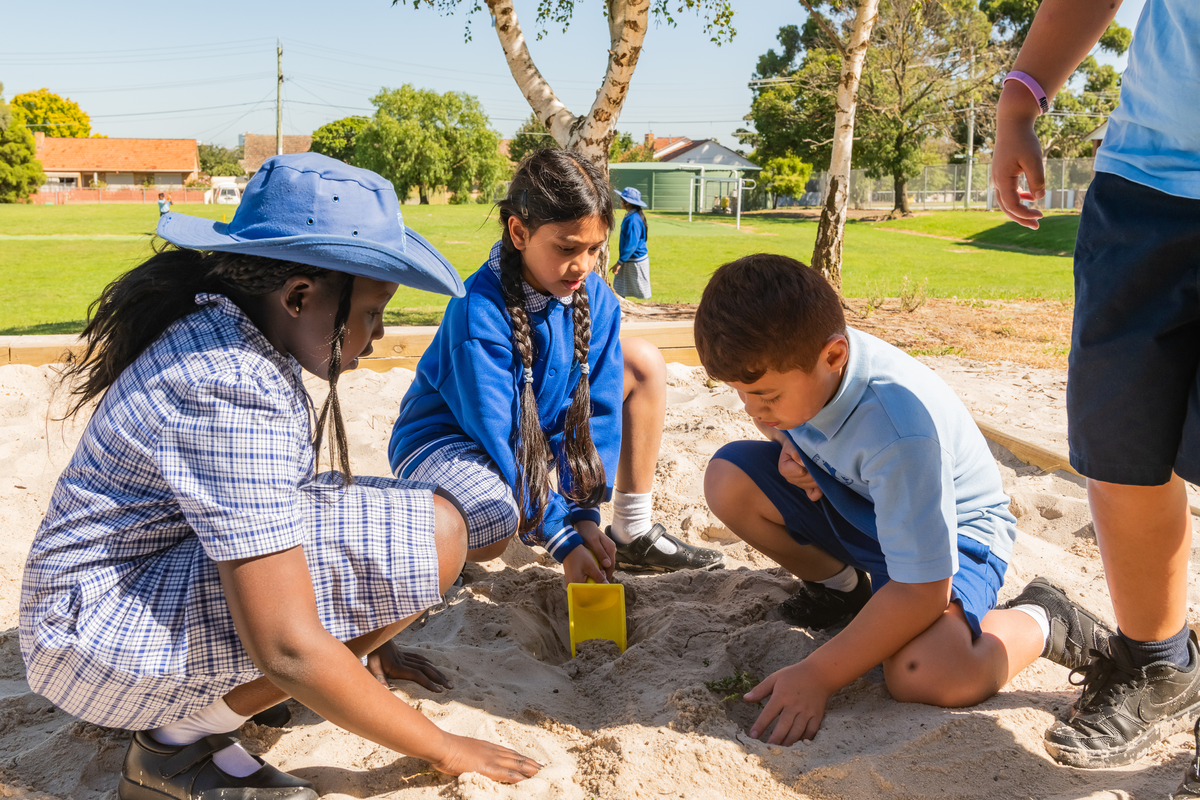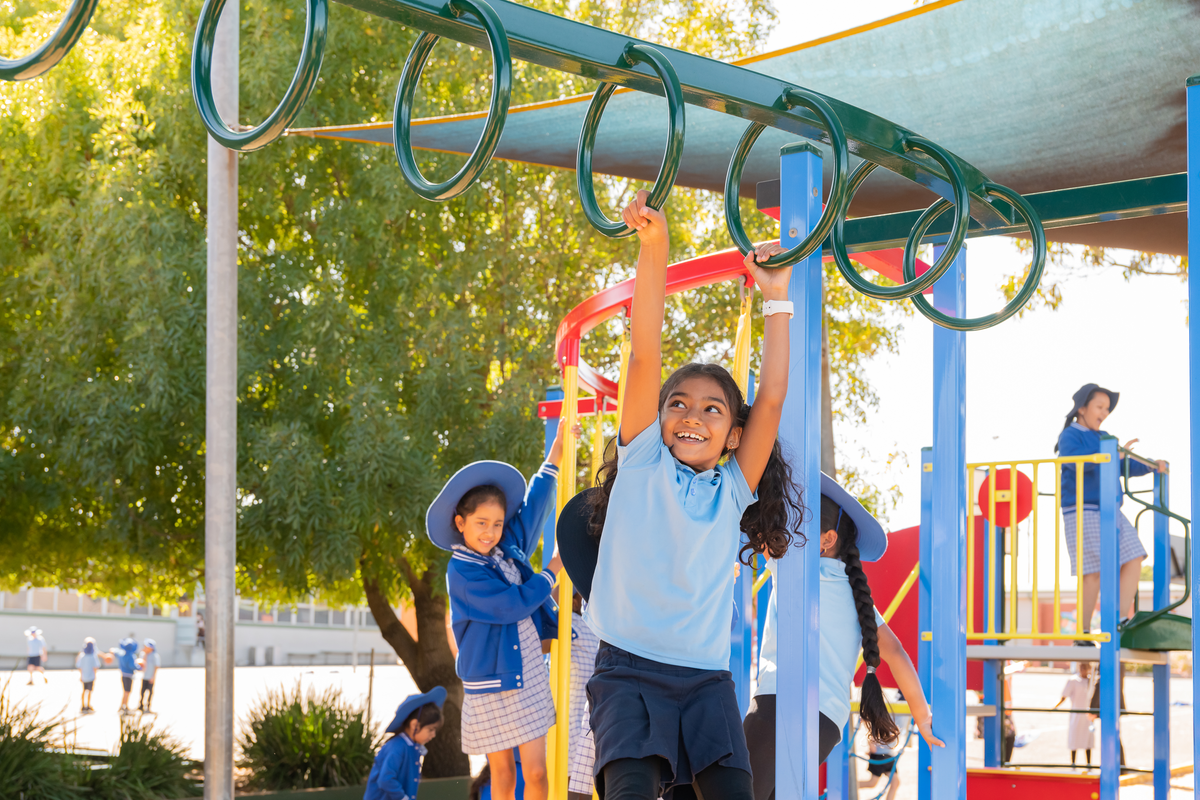Wellbeing

The Importance of play
This morning I had a conversation with two of our school leaders – Alice and Pouth – and
asked them a few questions about playing fairly at school. I wanted to obtain a kid’s perspective on this subject before launching in with research or an adult perspective.
This is what they had to say…..
Playtime is to have fun and have a break. It is important because it helps us socialise with our friends and have a rest. It also helps to get rid of some of your energy.
Sometimes kids can get into an argument on the playground. Some of the younger children are learning how to share, take turns, letting others join in and making decisions about what they want to play. Sometimes they don’t know how to do this and they can have an argument.
This is how we help them.
1. Tell them to stop fighting because fighting does not help and it can make problems bigger.
2. I say to them take turns – one person has their turn about what to play and the next day or the next play the other person can choose what to play.
3. I say before they start a game, like tiggy or hide-and-seek to make sure they all listen and understand the rules.
Don’t spend your time arguing on the playground – enjoy your time together. If you can’t solve a problem on the playground remember teachers are there to help.
I think Alice and Pouth provided a very sound argument for playing fairly. However, we do need to teach children how to play.
Let’s not leave learning to play fairly to chance. We don’t do that with learning to read spell or do maths. Learning how to play is a fundamental step in learning how to communicate, negotiate and cope with challenges.
Parents are instrumental in helping their children learn about fair play. Your children watch what you say and do. Following the rules, accepting referee decisions and being a good sport yourself all set a great example for your children. Perhaps you don’t play a sport… well you probably play board games with your children, have a game of cards or shoot some hoops. Every time you play with your child/children is an opportunity to help them develop the skills to play fairly.
This includes learning….
How to cooperate with others – from an early age, many kids are taught how to be kind and how to cooperate with siblings and others through games. When children are taught these skills they can develop a greater understanding of how to make safe, fair choices, when there is no adult externally setting the rules.
How to communicate and negotiate – children on the playground learn to negotiate and communicate with others. They learn to share different parts of the playground and take turns using specific playground equipment. This can be useful later on in adulthood, where they will use negotiation and communication skills, no matter what their future careers are.
How to persevere and cope – children can get frustrated if they cannot communicate or get what they want. On the playground and at recess, kids need to learn self-control and appropriate behaviour.
As you can see, these skills are not just for playing - they are great life lessons that children require to become resilient, objective and independent young people.
Connie Drossaert
Wellbeing Leader



